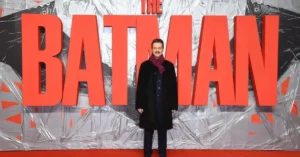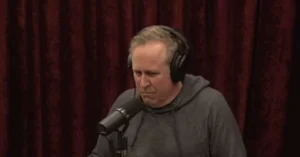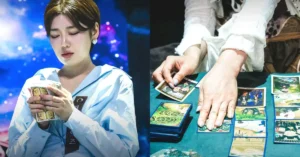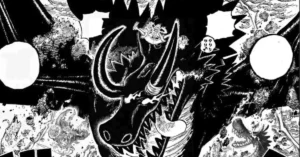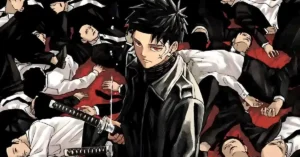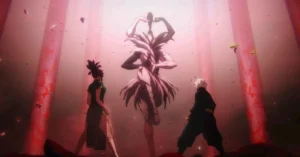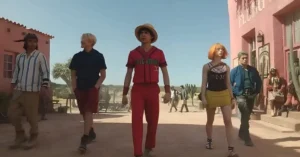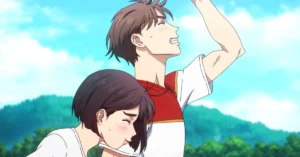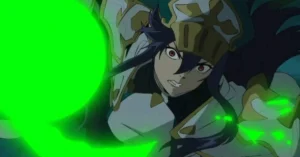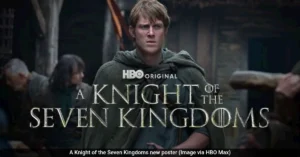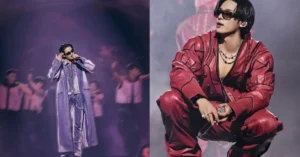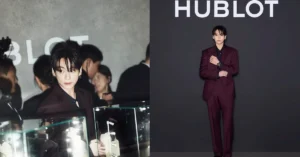A New York judge has dismissed a copyright lawsuit filed against Dua Lipa over her 2020 hit track Levitating. The lawsuit, brought by L. Russell Brown and Sandy Linzer in 2022, claimed that the opening melody of Levitating copied elements from two disco-era songs. In a ruling issued on March 27, 2025, Judge Katherine Polk Failla explained that the similarities between the works involve only non-copyrightable elements, such as a descending scale, and that the claim failed as a matter of law.
Case Background and Lawsuit History
The copyright lawsuit against Dua Lipa first emerged in March 2022 when the plaintiffs accused the singer of copying parts of the 1979 track Wiggle and Giggle All Night and the 1980 song Don Diablo. The plaintiffs argued that the opening melody of Levitating was too similar to those songs. However, a previous lawsuit filed by the Florida reggae group Artikal Sound System was dismissed in June 2023. The latest suit, initiated by Brown and Linzer, focused specifically on the melody and its alleged replication.
Judge’s Ruling Explained
Judge Katherine Polk Failla’s decision centers on the idea that a chord progression or harmonic rhythm, by itself, cannot be protected under copyright law. In her ruling, she noted that while an average listener might perceive musical similarities between the songs, the descending scale used in Levitating is a common musical element that is not eligible for copyright protection.
The judge also referenced the case of Structured Asset Sales, LLC v. Ed Sheeran, in which Ed Sheeran successfully defended against similar claims of copying. According to Judge Failla, the combination of musical elements in Levitating included an extra note that set the track apart from the plaintiff’s works. She stated, “a chord progression and harmonic rhythm, in combination, could not constitute protectable expression under copyright law.” This decision highlights the legal view that fundamental musical elements are part of the public domain.
Implications for Copyright Law in Music
The dismissal of this lawsuit has significant implications for the music industry. It reinforces the understanding that common musical phrases and scales cannot be owned exclusively by any party. This ruling may discourage future lawsuits that claim copyright infringement over widely used musical structures.
Legal experts believe this decision will provide clearer guidelines for what constitutes protectable musical expression. The focus on non-copyrightable elements such as basic chord progressions is expected to influence how similar cases are handled in the future. For artists and producers, the ruling offers reassurance that drawing inspiration from past musical styles does not automatically lead to copyright infringement.
Remaining Legal Challenges
While the suit by L. Russell Brown and Sandy Linzer has been dismissed, Dua Lipa still faces another copyright lawsuit related to Levitating. This pending suit was filed by producer Bosko Kante in 2023. The outcome of that case remains to be seen, but the dismissal of the Brown–Linzer case sets an important precedent.
Dua Lipa and her legal team have maintained that the creative process involves drawing on a wide range of influences and that her track’s composition is original. The current ruling supports the view that similarities in basic musical structures are inevitable and not necessarily indicative of plagiarism.
Industry Reaction and Artist Perspective
The dismissal of the lawsuit has been met with approval by many in the music community. Industry insiders point out that this decision protects artists who incorporate classic musical elements into their work. For Dua Lipa, whose track Levitating has become a chart-topping hit, the ruling is a victory that upholds her artistic integrity.
Fans and critics alike have praised the song for its infectious beat and innovative production. The decision may also encourage other musicians to experiment with retro sounds without fear of legal repercussions. As copyright cases in the music industry continue to emerge, this ruling will likely serve as a benchmark for future disputes.
Future Impact and What It Means for Artists
This ruling underscores the importance of creative freedom in music. By clarifying that common musical scales and progressions are not subject to copyright, the decision supports a broader range of artistic expression. Artists can now draw from past eras with greater confidence, knowing that basic musical elements are a shared heritage.
The outcome is expected to influence how record labels, producers, and legal teams approach copyright claims in the future. It may also prompt a review of similar cases to determine whether other lawsuits should be reconsidered under this legal framework.
Also Read: Zendaya and Dua Lipa Honor Cher During Rock and Roll Hall of Fame 2024 Induction
For more updates on Dua Lipa copyright issues, tune in to Vviptimes.


